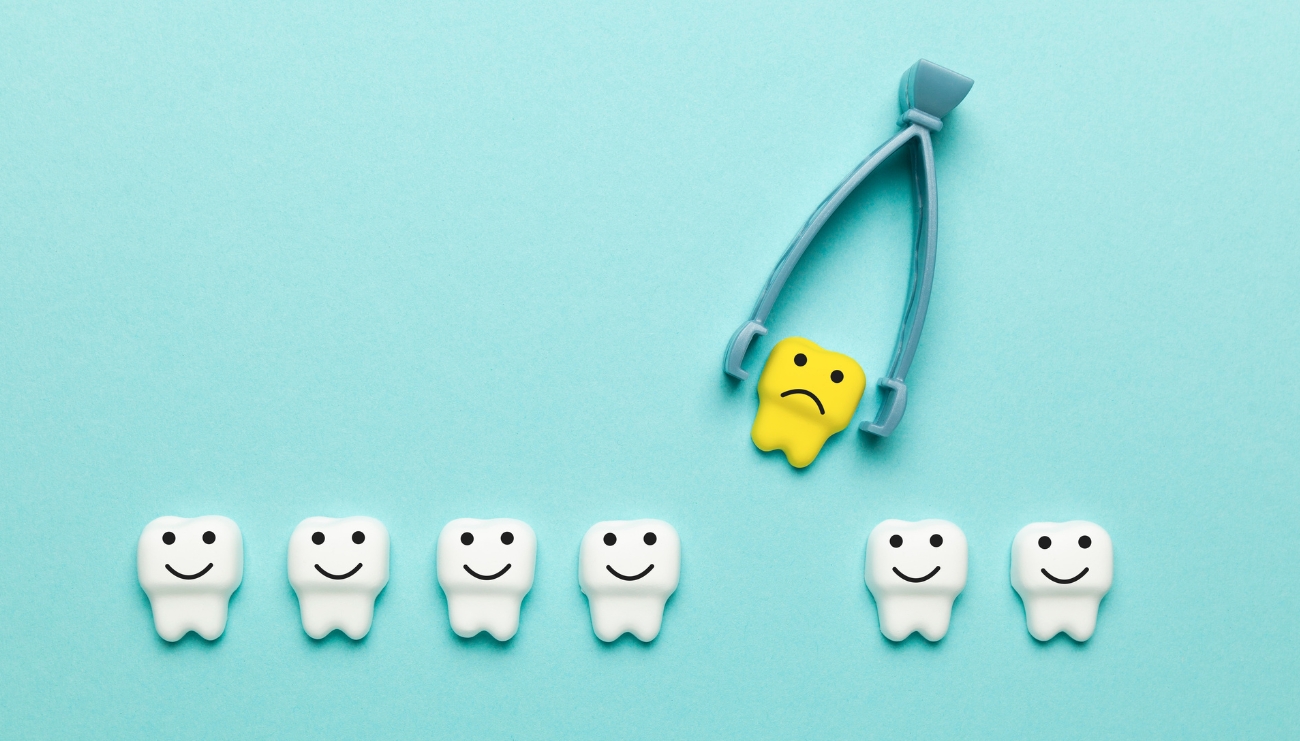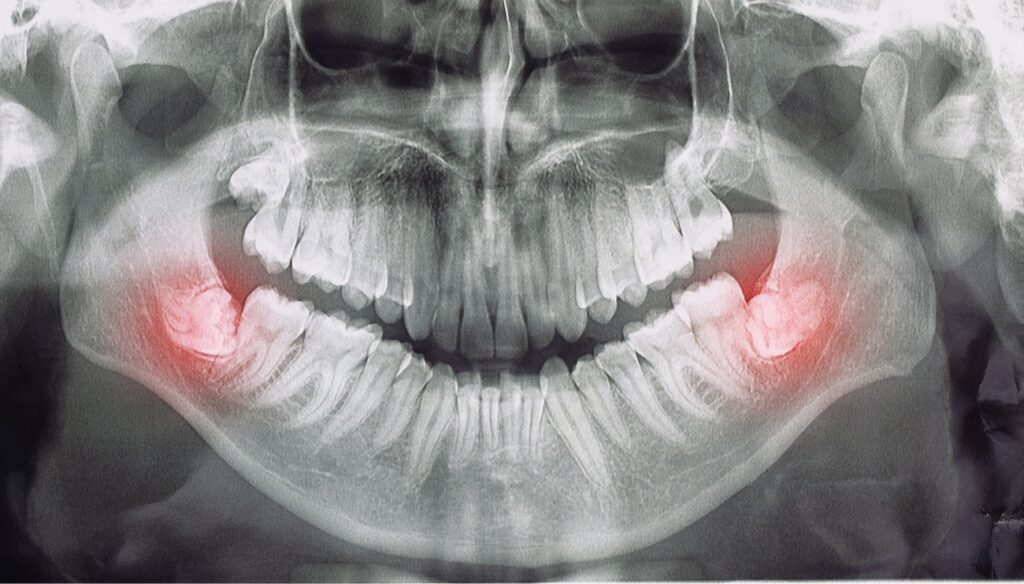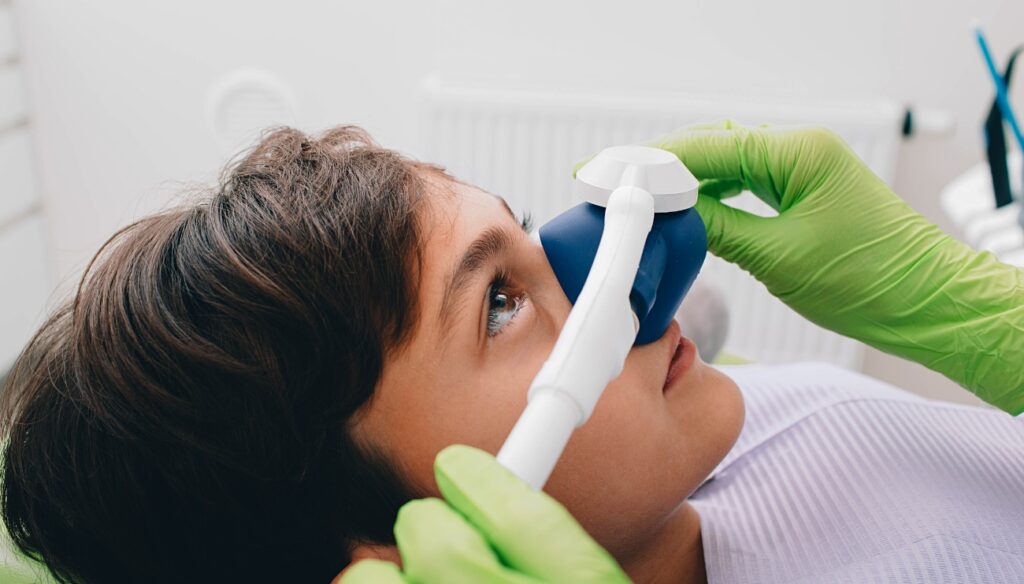
Orthodontic treatment
Tooth Extraction
Dental extraction is the process of removing a tooth from the mouth. This procedure may be necessary if a tooth is severely decayed, infected, damaged or impacted in the jaw. An Orthodontist may also recommend teeth to be extracted if they are causing crowding or alignment issues in the mouth, to allow space for straightening.
Wisdom teeth tend to cause problems due to lack of space for their eruption in the back of the mouth and it is quite common that they need to be extracted.
When do I need to remove my wisdom teeth?
Extraction of wisdom teeth is recommended if they are causing:
- Jaw pain
- Recurrent gum inflammation and/or infection
- Bad Breath and bad taste in the mouth
- Decay (on the wisdom teeth or on the molars in front of them)
- Ulcers in the gum and cheeks
- Difficulty to open the mouth


When do I need to remove my wisdom teeth?
Extraction of wisdom teeth is recommended if they are causing:
- Jaw pain
- Recurrent gum inflammation and/or infection
- Bad Breath and bad taste in the mouth
- Decay (on the wisdom teeth or on the molars in front of them)
- Ulcers in the gum and cheeks
- Difficulty to open the mouth

How is an extraction done?
Before a dental extraction, the dentist will typically numb the area around the tooth with a local anesthetic. In some cases, sedation may also be used to help the patient relax during the procedure.
Once the area is numb, tools are used to loosen the tooth from its socket and remove it from the mouth. Wisdom teeth extractions can be more complex, especially when they are impacted, requiring removal of bone. Depending on the complexity of the extraction, stitches may be needed to close the wound.
What happens after an extraction?
After a dental extraction, it is important to follow the dentist’s instructions for aftercare, which may include avoiding hard or crunchy foods for a while, taking pain medication and in some cases antibiotics, as prescribed, and using ice packs to reduce swelling. It is also important to keep the extraction site clean to prevent infection.
In some cases, the dentist may recommend replacing the extracted tooth with a dental implant or other type of dental restoration to help restore the function and appearance of the mouth.


What happens after an extraction?
After a dental extraction, it is important to follow the dentist’s instructions for aftercare, which may include avoiding hard or crunchy foods for a while, taking pain medication and in some cases antibiotics, as prescribed, and using ice packs to reduce swelling. It is also important to keep the extraction site clean to prevent infection.
In some cases, the dentist may recommend replacing the extracted tooth with a dental implant or other type of dental restoration to help restore the function and appearance of the mouth.
If you’re ready to start smiling more, come and visit us in our Sydney CBD dental clinic



